Neuroscience
-
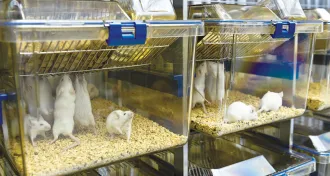 Neuroscience
NeuroscienceFemale rats face sex bias too
In neurobiological studies, male lab animals tend to outnumber females, which are considered too hormonal. Scientists say it’s time for that myth to go.
-
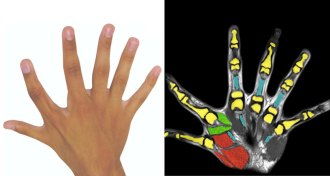 Health & Medicine
Health & MedicineExtra fingers, often seen as useless, can offer major dexterity advantages
Two people born with six fingers on each hand can control the extra digit, using it to do tasks better than five-fingered hands, a study finds.
-
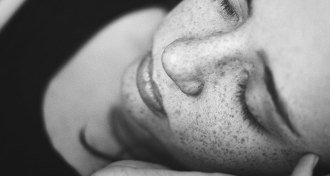 Neuroscience
NeuroscienceA new experiment didn’t find signs of dreaming in brain waves
Brain activity that powers dreams may reveal crucial insight into consciousness, but a new study failed to spot evidence of the neural flickers.
-
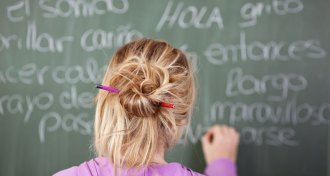 Health & Medicine
Health & MedicineBeing bilingual is great. But it may not boost some brain functions
A large study of U.S. bilingual children didn’t turn up obvious benefits in abilities to ignore distractions or switch quickly between tasks.
-
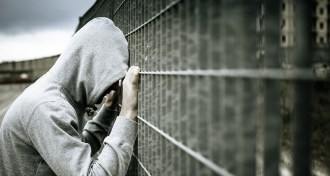 Health & Medicine
Health & MedicineA cognitive neuroscientist warns that the U.S. justice system harms teen brains
The U.S. justice system holds adolescents to adult standards, and puts young people in situations that harm their development, a researcher argues.
-
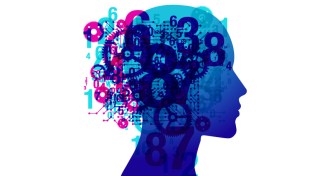 Artificial Intelligence
Artificial IntelligenceA new AI acquired humanlike ‘number sense’ on its own
A new artificial intelligence seems to share our intuitive ability to estimate numbers at a glance.
-
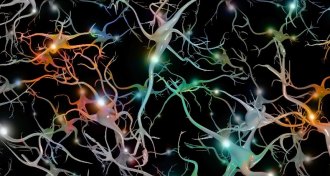 Artificial Intelligence
Artificial IntelligenceAn AI used art to control monkeys’ brain cells
Art created by an artificial intelligence exacts unprecedented control over nerve cells tied to vision in monkey brains, and could lead to new neuroscience experiments.
-
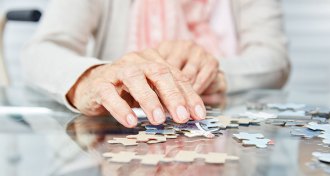 Health & Medicine
Health & MedicineA mysterious dementia that mimics Alzheimer’s gets named LATE
An underappreciated form of dementia that causes memory trouble in older people gets a name: LATE.
-
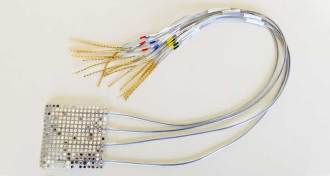 Health & Medicine
Health & MedicineA neural implant can translate brain activity into sentences
With electrodes in the brain, scientists translated neural signals into speech, which could someday help the speechless speak.
-
 Planetary Science
Planetary ScienceReaders ponder Opportunity’s future, animal consciousness and more
Readers had questions about NASA’s Opportunity rover, pollen shapes and more.
-
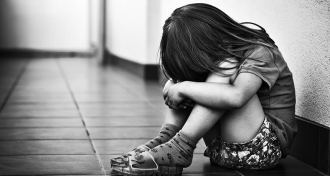 Psychology
PsychologyWhen anxiety happens as early as preschool, treatments can help
Researchers are seeking ways to break the link between preschool worries and adult anxiety.
By Sujata Gupta -
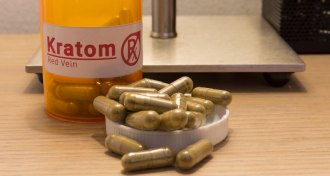 Neuroscience
NeuroscienceThe herbal supplement kratom comes with risks
The supplement kratom can cause heart racing and agitation.